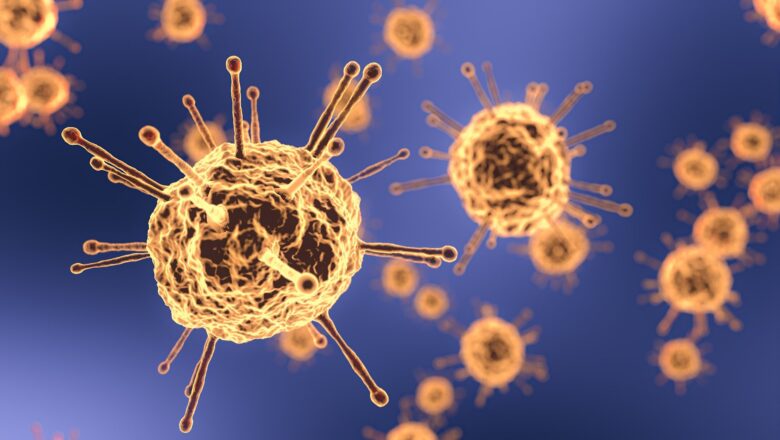
Rare Infectious Diseases: Diagnosing and Managing
Infectious diseases are an ever-evolving and changing field of medicine. Scientists and healthcare professionals may encounter common pathogens as well as rare and unknown pathogens. These rare infectious diseases can present special challenges in diagnosis and treatment. This article will provide detailed information about the diagnosis and management of rare infectious diseases.
Diagnosis of Rare Infectious Diseases
1. Diagnosis of Genetic and Unknown Diseases
Many rare infectious diseases are based on genetic factors and can lead to rare syndromes. Genetic tests, analysis of tissue samples and evaluation of family history are important in the diagnosis of such diseases. Additionally, molecular techniques and advanced imaging methods can be used in the diagnosis of infections o...








